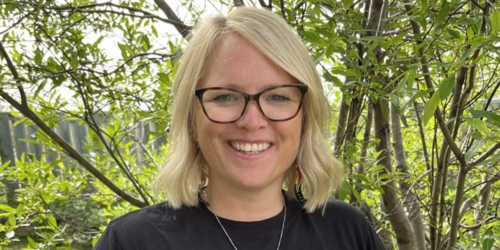Dépistage du VIH tenant compte des traumatismes : créer des milieux bienveillants pour les personnes LGBTQ2S+
26 juin 2023 • Par Dan UdyLes personnes LGBTQ2S+ au Canada peuvent être confrontées à de multiples difficultés d’accès aux soins de santé, et notamment à d’éventuels traumatismes liés à leur identité de genre et leur identité sexuelle. Des facteurs structurels tels que l’homophobie et la transphobie confrontent ces communautés à de nombreux problèmes sociaux : taux de chômage plus élevés, revenus plus faibles, accès plus restreint au logement, etc. Pour les PANDC (personnes autochtones, noires et de couleur) LGBTQ2S+, le racisme peut venir aggraver ces problèmes. Il peut donc être plus difficile d’obtenir des services comme des soins de santé primaires ou de santé mentale....






